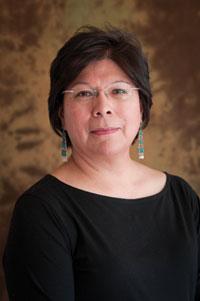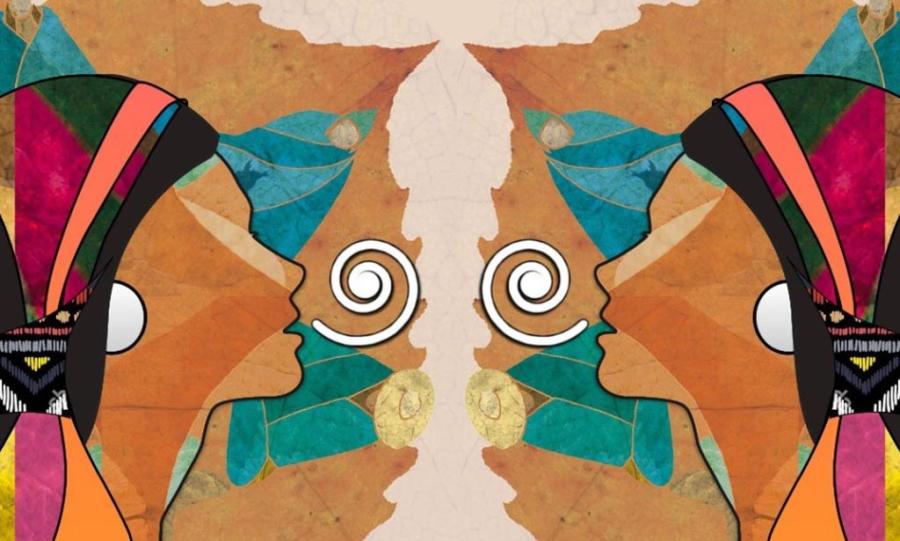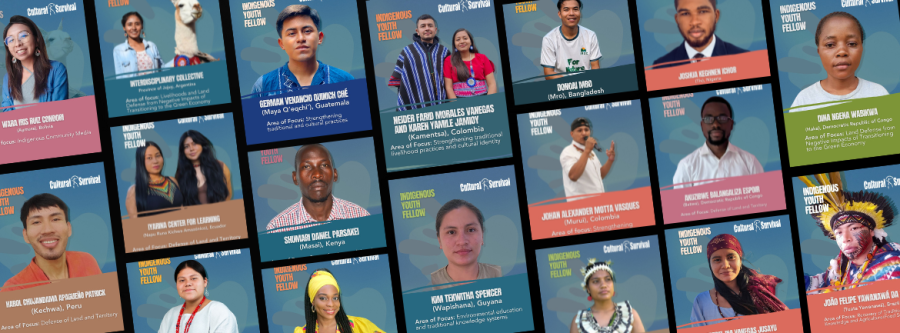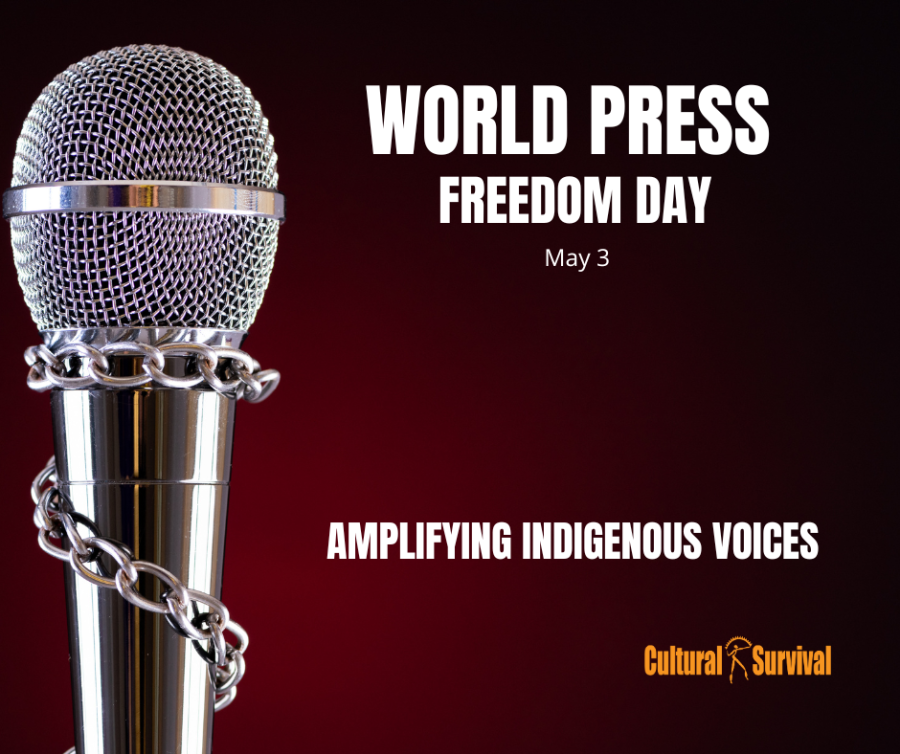In June 2012, the Rio+ 20 United Nations Conference on Sustainable Development will assemble in Rio de Janerio, Brazil. As a 20-year follow-up to the UN Conference on Environment and Development, the conference seeks to accomplish two main objectives: to create green economies by promoting sustainable business developments that alleviate poverty in all communities, and to establish an applicable structure, or framework, for sustainable development.
Indigenous Peoples are a major part of this conference and offer critical voices to the earth’s sustainability. Our participation in the dialogue contributes profound understanding about place-based wisdom, and of the sacred interconnectedness of people, their cultures, and environments. We bring traditional knowledge about science to the dialogue that has long understood the special relationship to the earth and our responsibilities to maintain it. We understand climate change, have been able to adapt to it for centuries, and have voiced urgent concern about the impact on climate resulting from development, resource mining, and globalization.
Indigenous Peoples seek to be heard and their rights to land and culture addressed as part of the outcomes of these major conferences. In this upcoming process, it is imperative that governments, scientists, and all who have an investment in this dialogue and decision-making honor the UN Declaration on the Rights of Indigenous Peoples. Everyone must be involved implementating all manner of human rights from authority over our Indigenous lands to language acquisition to the cultural, social, and economic well being of Indigenous Peoples.
Cultural Survival’s partnerships and advocacy with Indigenous communities has been consistently focused in these areas and more. In this issue of Cultural Survival Quarterly, the deep relationship between Indigenous Peoples and their land and environment is highlighted through traditional and contemporary daily activities that create lifeways or highly integrated daily practices connected to land, culture, and spirit. This relationship and the ensuing expanse of Indigenous knowledge are evident in Peru, where Quechua farmers are cataloguing nearly 1,500 varieties of their native food source: the potato. In Guatemala self-representation through the art of filmmaking is a strategy for Mayan communities to renarrate their own experiences and histories, and in the process, record their cultural knowledge and wisdom. In Costa Rica, on the Talamanca Indigenous Reserve, the Bribri have developed Indigenous-guided ecotourism that sustains cultural education and economic self-determination; and, in Mexico, Wixárika art continues to be a form of spiritual and cultural practice at the same time contributing to the livelihoods of Indigenous artisans.
While all of this attests to cultural continuity of Indigenous communities around the world, there are still enormously complex issues that need to be addressed. A worldwide, unsustainable development paradigm has severely impacted Indigenous Peoples’ food systems, economic livelihoods, social, cultural, and spiritual ways of life that are intricately related to healthy and diverse ecosystems. The rapid pace of climate change and its impact on ecosystems poses perhaps the greatest threat to Indigenous Peoples to maintain their cultures. Our work is to assure that the voices of Indigenous Peoples are heard and that their right to their lands, languages, and cultures is at the center of this discussion.
The true measure of the Rio+20’s success will be when Indigenous Peoples around the world live in a world where their cultures, spiritual traditions, and rights, are respected and honored. We will rejoice when our rights of self-determination such as free, prior and informed consent are fully implemented and experienced. Only when human rights are taken seriously and acted upon deliberately will there be a collective feeling of genuine accomplishment that we all benefit from. The challenges that Indigenous Peoples face are not insular; they affect every person on the planet. The outcomes of sustainable communities can be myriad, progressive, and truly breathtaking to behold. It will take many villages to create this life-giving future; it will take the commitment of all people.
Suzanne Benally, Executive Director
(Navajo and Santa Clara Tewa)




